Tell us why you decided to do this program.
I can pinpoint the moment I set my third-grade eyes on the sight of New Zealand as I carefully crafted my country report and colored in a kiwi bird with great detail. Ever since, my desire to travel to New Zealand had only grown. Thus, in choosing a program to take part in I had no doubts that I would be calling New Zealand my home for the semester.
Yet beyond this, the country embodied all that I desired in a study abroad experience – a chance to live outside of the Duke bubble with no familiar faces, an adventurous culture rooted in outdoor activities, and a truly breathtaking country for many photo opportunities!
As an environmental science major, I also fell in love with the focus placed on conservation and the chances for field research in such an arrestingly beautiful location.
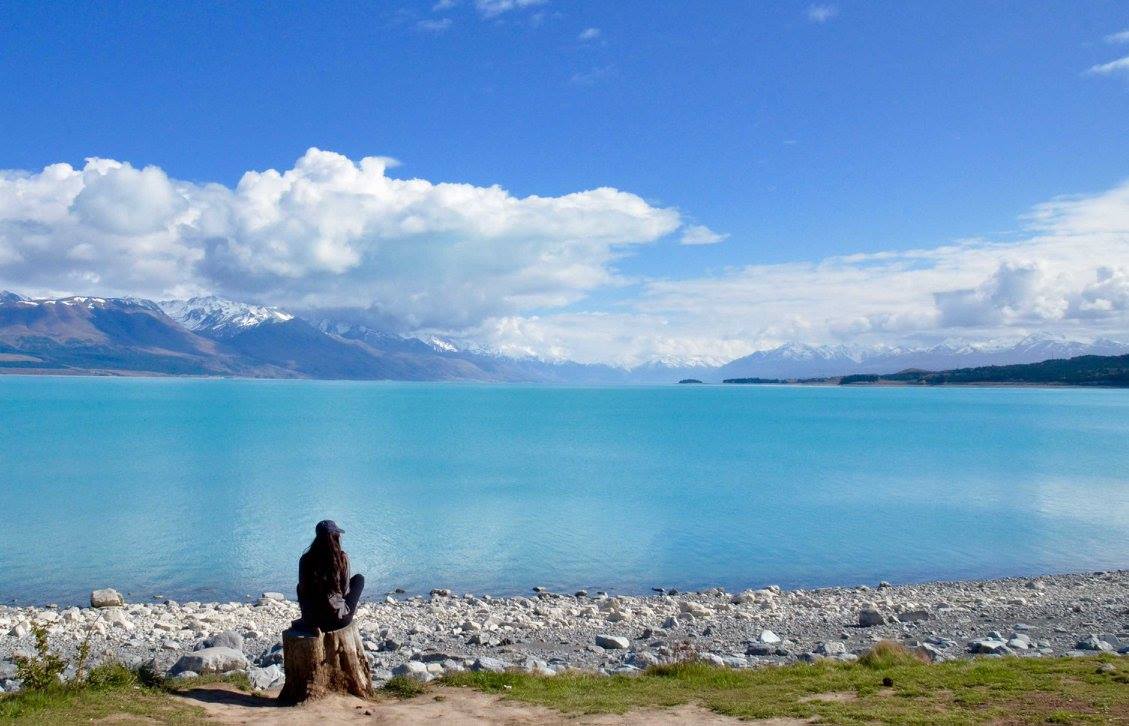
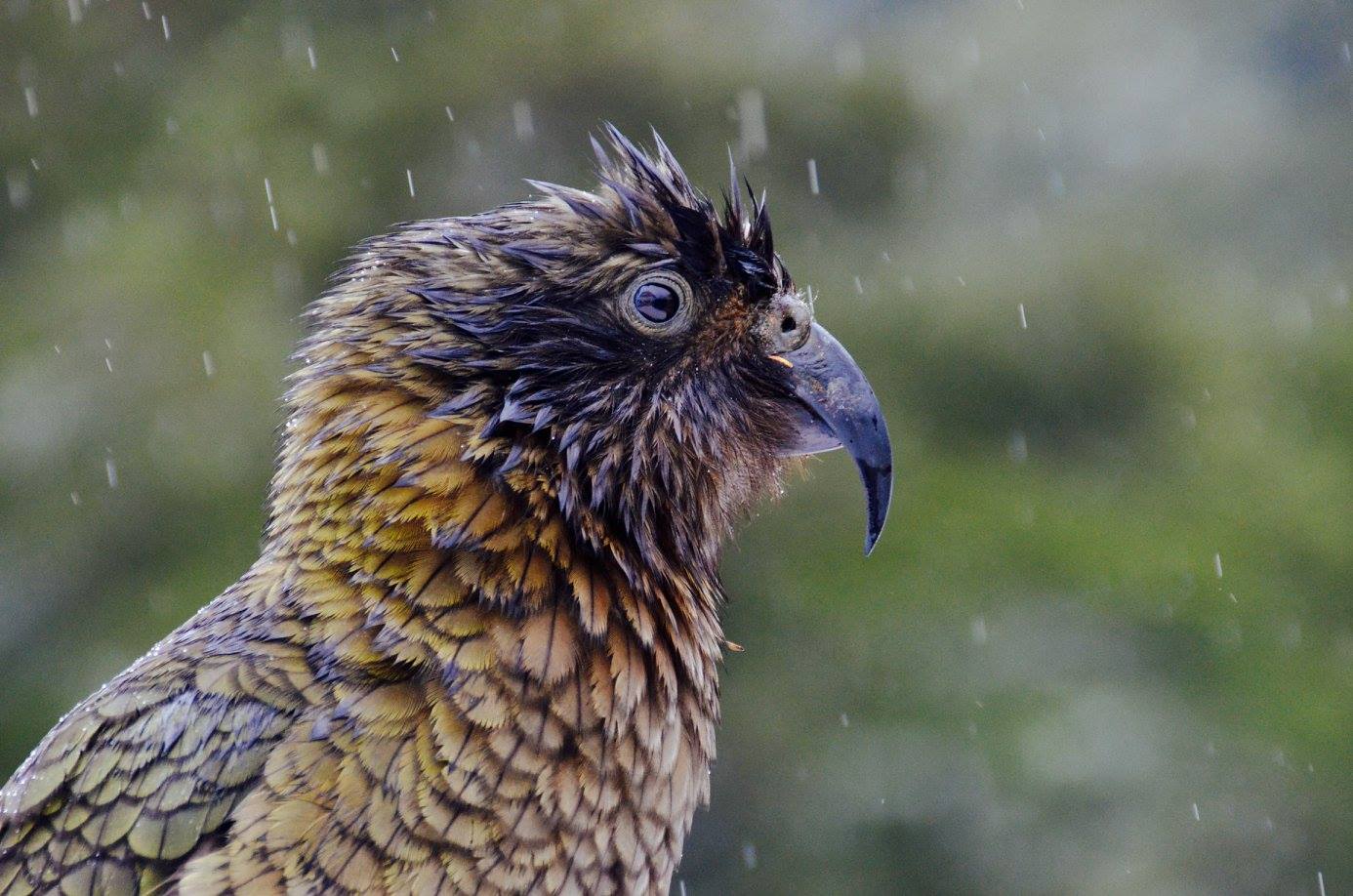
Tell us about your greatest takeaway from this program.
The desire to wander is never lacking. With travel comes lostness and newness, mishaps and memories, experiences, adventure, confusion, and an endless changing horizon. It outgrows its initial motives and evolves into a trip entirely of its own accord, its own purpose.
Over the course of my time in New Zealand, I garnered the most from a simple shift in lifestyle. Slowing my pace and absorbing the surrounding beauty, I gained an insight into an alternative way of living – one where presence was worth more than productivity and experiencing over accomplishing.
Beyond this, I had the chance to view environmentalism from an entirely different cultural perspective. Immense amounts of immersive field work during labs and working with the native Maori in regards to the environment vastly shifted my understanding from a policy based U.S. paradigm. Approaching conservation from a place with every species at a critical status and evolutionary distinction high vastly shifted my mindset.
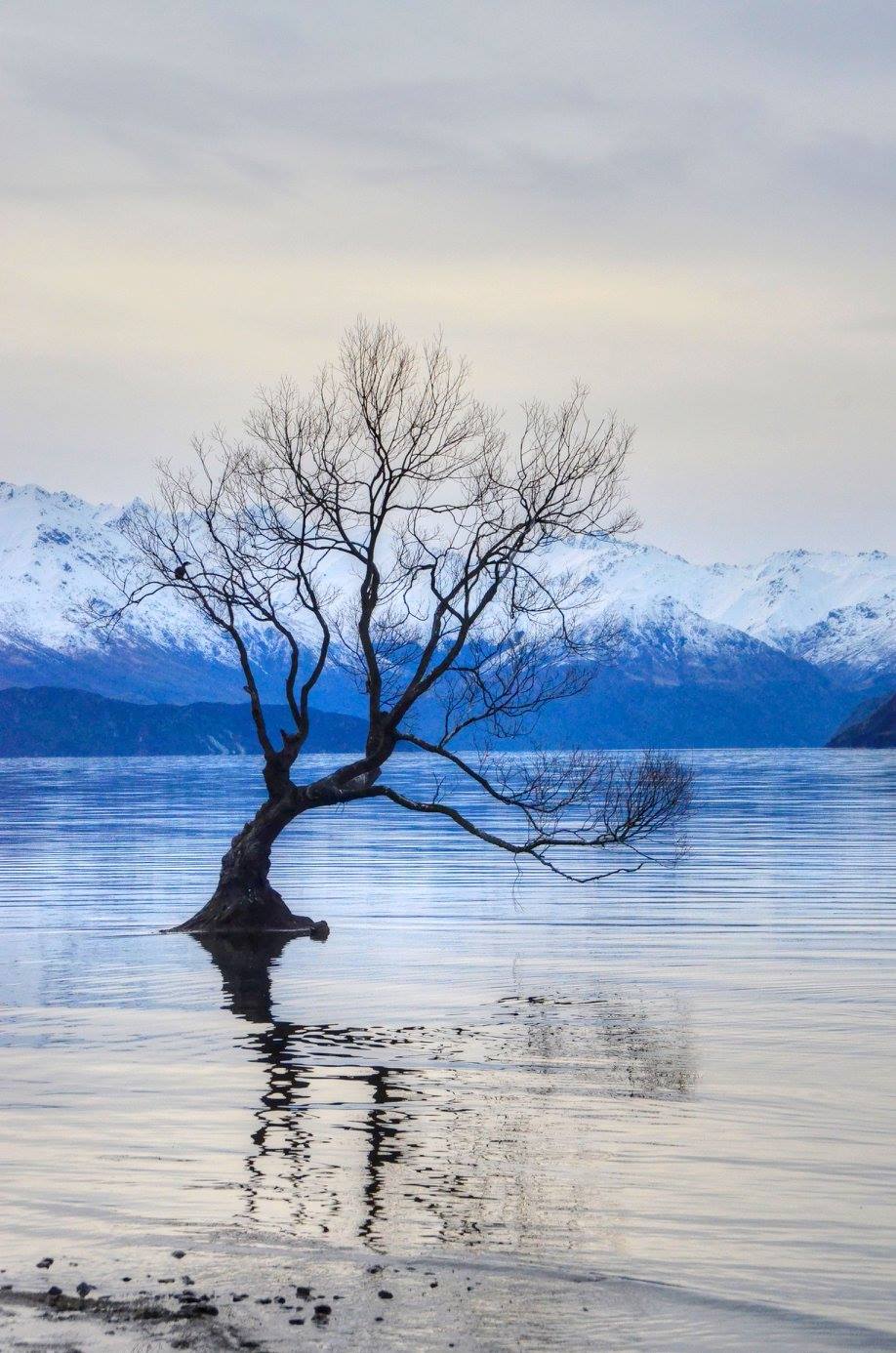
How did/will this program affect your career interests or next steps after graduation?
After spending approximately six months abroad, my study abroad experiencing vastly shifted my perspective in regards to long-term environmental study. Originally hailing from California, I made the journey across country to North Carolina to experience a new culture and a different part of the country. New Zealand had the same effect on a much larger scale.
As a current senior, I am now considering fellowships abroad and foreign graduate school programs. Beyond this, I had a further chance to delve into issues of indigenous environmental justice issues, a project I had the opportunity to continue after traveling to Chile and working with the Mapuche population.
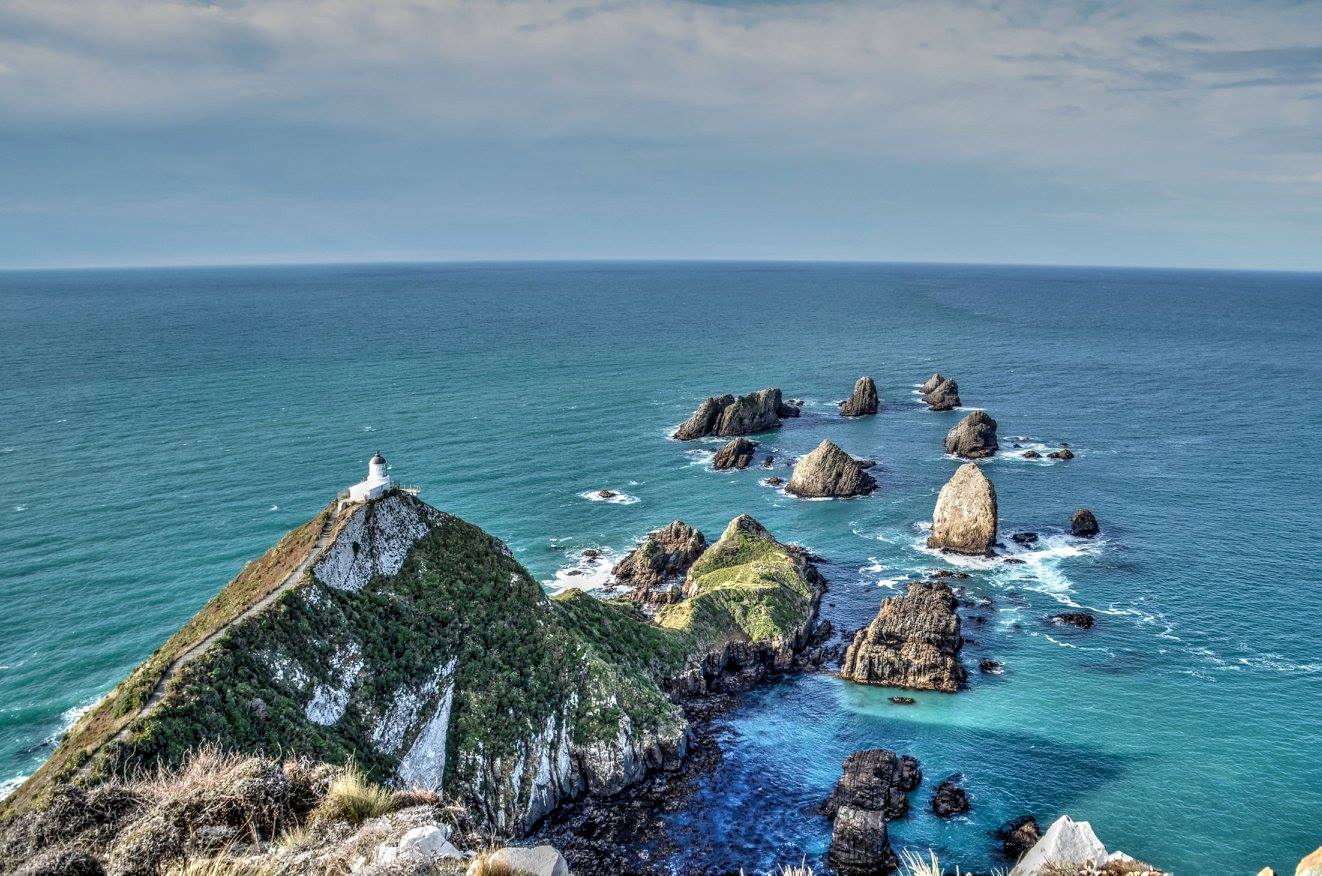
Compare how your skills or knowledge changed after doing this program.
Throughout my Duke career, labs often were met with goggles and lab coats, manufactured data, and hypotheticals. However, after traveling to New Zealand, every lab opportunity for classes from Conservation Biology to Ecological Applications meant field work at local conservation reserves to field trips developing individual research projects.
Hands-on research methods in the field such as invasive surveying to placing transects to water quality measurements allowed me to put prior statistics and environmental knowledge to work.
After my study abroad experience, I felt well-versed in applicable knowledge I may not have otherwise gained in a classroom driven setting back on Duke’s campus. Labs also are quite enjoyable when arrestingly stunning views lie directly before you!
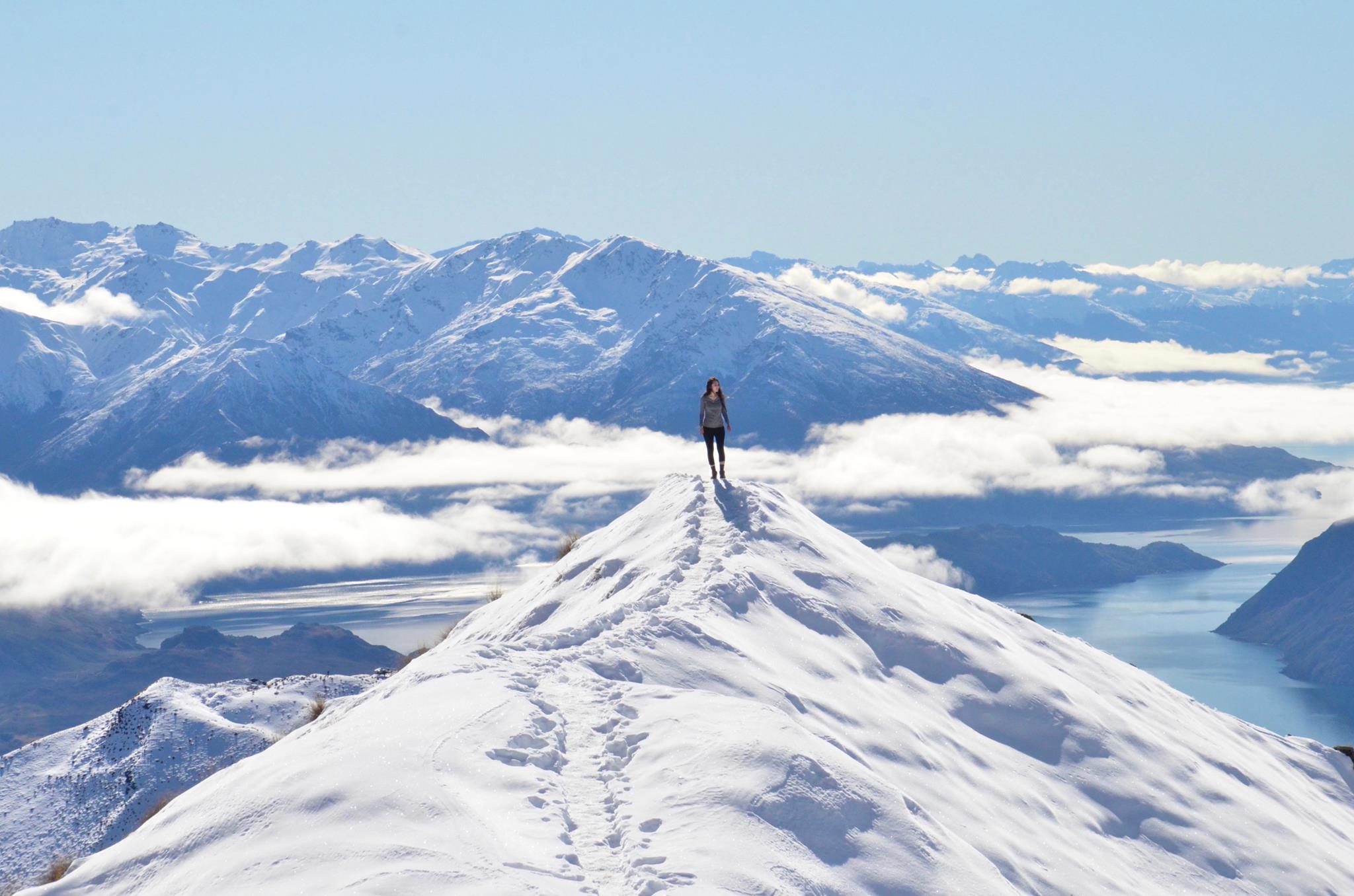
What advice do you have for other students considering this program?
Do it! My enthusiasm for New Zealand overwhelms anytime even a prospective study abroad student mentions traveling to NZ. I can not express how incredible the opportunity is to travel to a country outside the norm for study abroad, where the comforts of Duke disappear and adventure is around every corner. The chances for hands-on research, field work, photography, outdoor activities, cultural differences, and meeting incredible people are immeasurable.
I would highly advise students considering the program to not let the lack of familiar faces discourage them and to use every minute to take in the breath-taking scenery and ecologically distinct environments of the country. Don’t let the early scheduling turn you away and utilize the time after classes are over to see even more sights. Delve into each class and the different perspectives a small island nation has to offer. I can confidently say no student will ever regret studying abroad in New Zealand!
Micaela Unda
Environmental Science, Class of 2018
University of Otago, Dunedin, New Zealand (Duke-Approved Program)
Fall 2016


